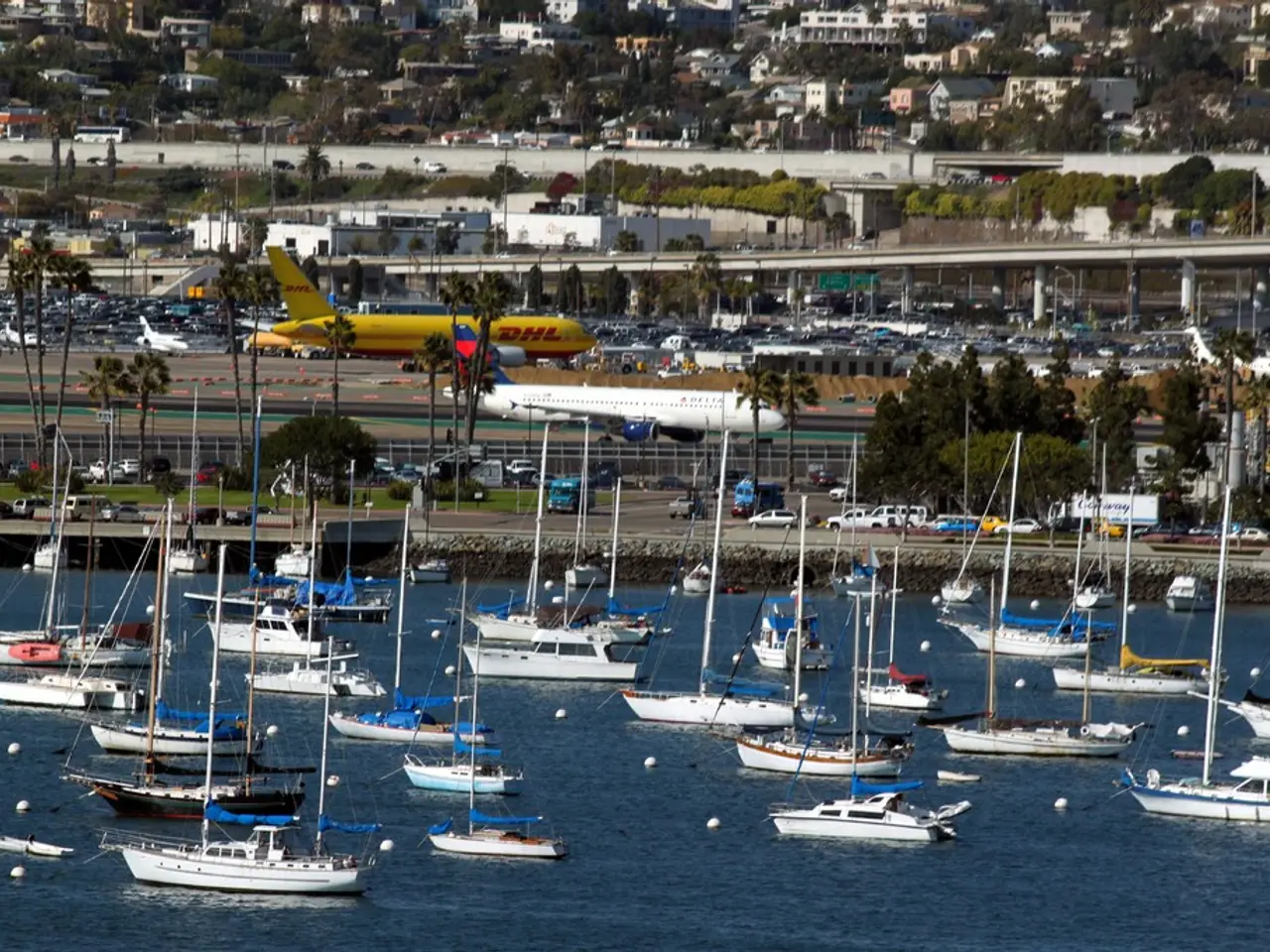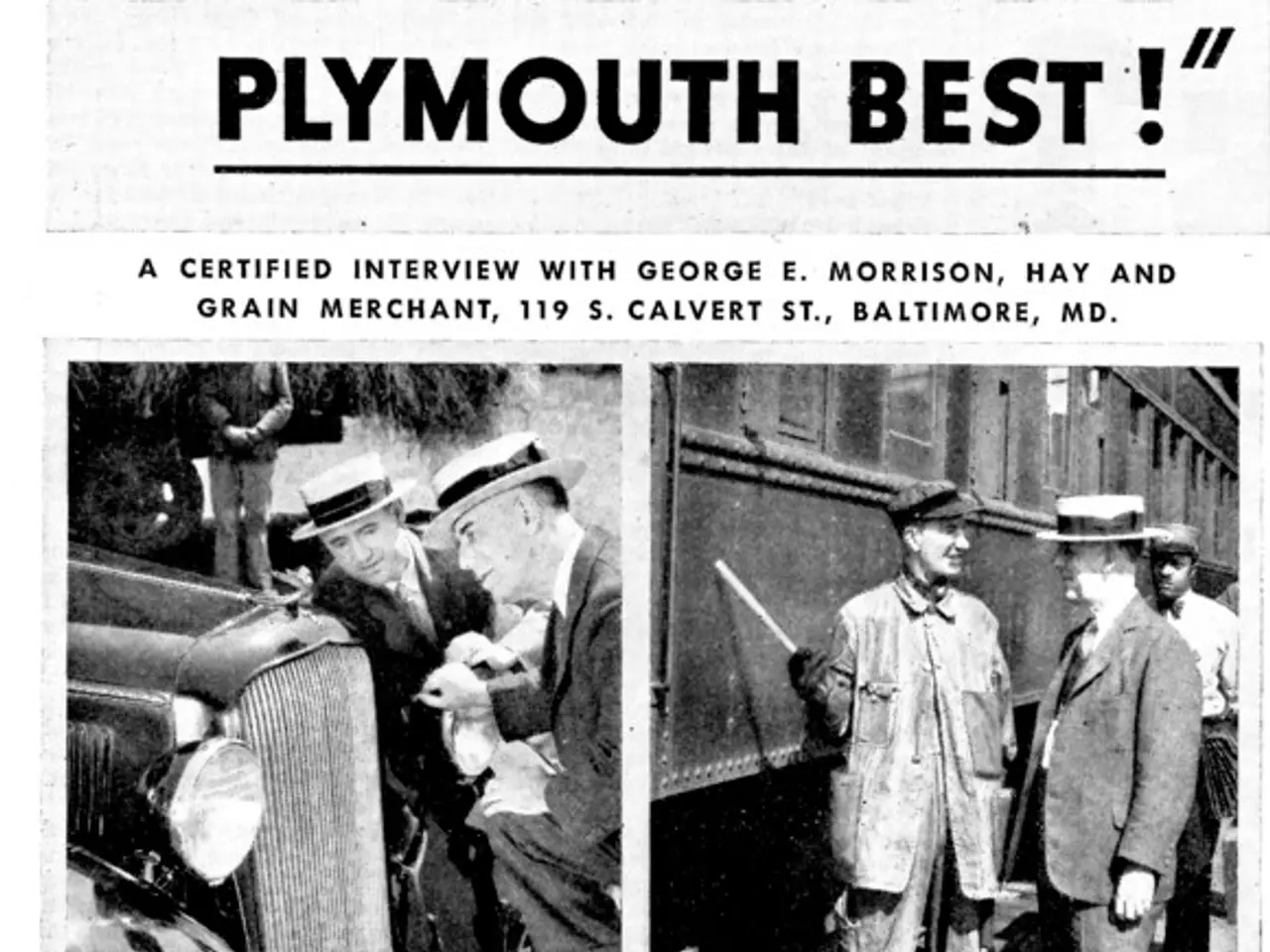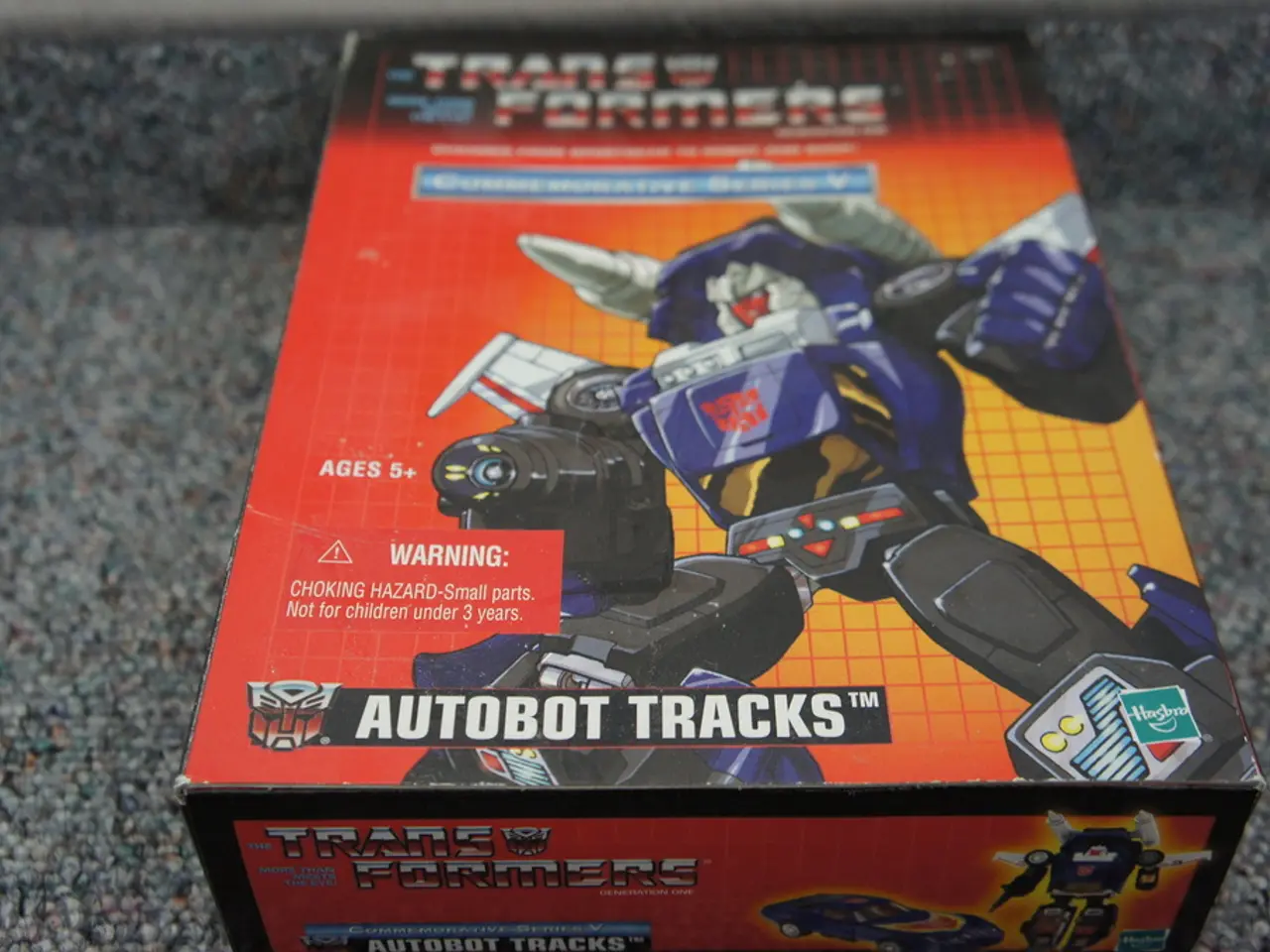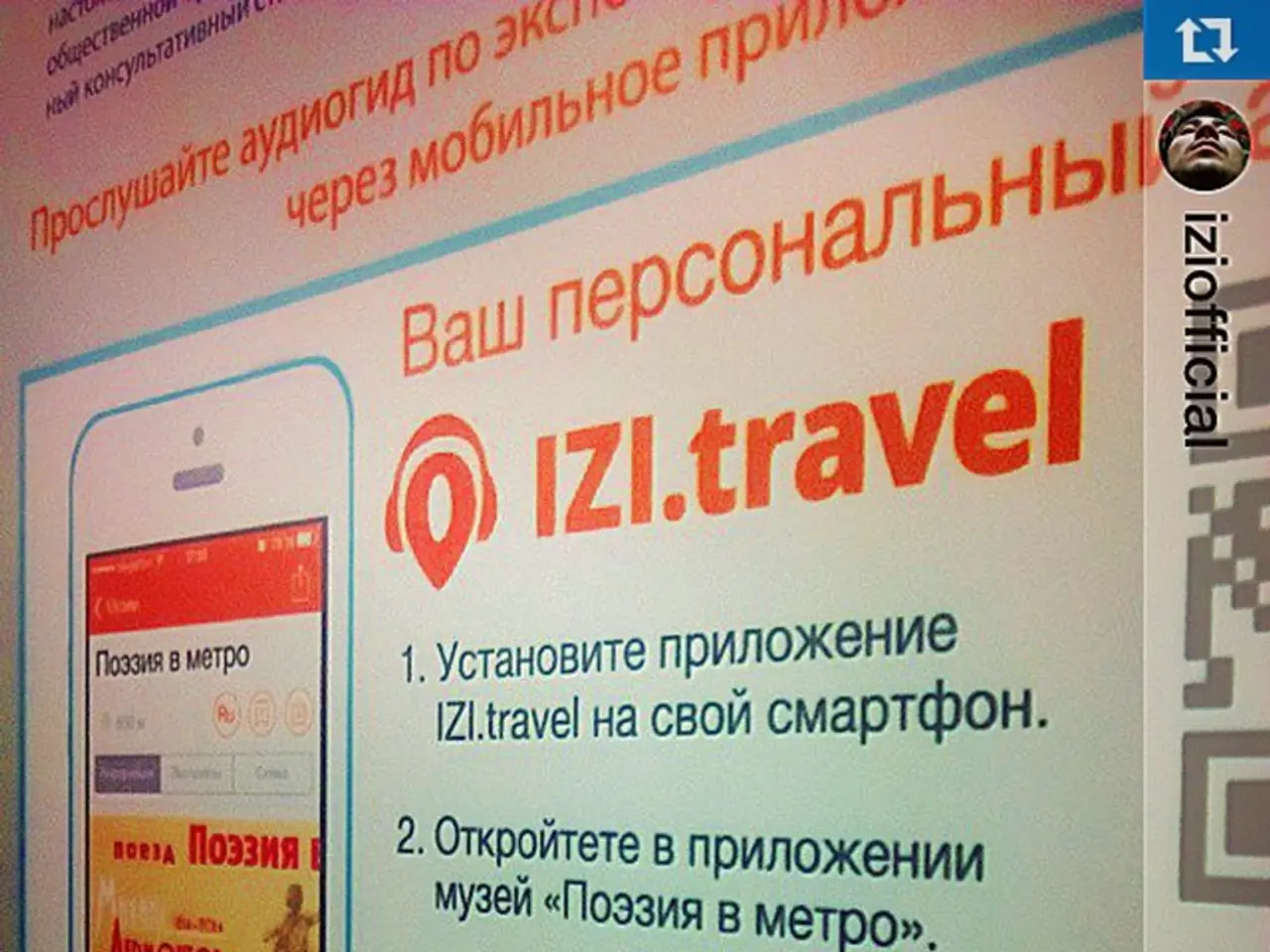Transforming marine logistics, from traditional 'milk runs' to e-boats, necessitates real economic advantages according to PaxOcean's CEO.
In the bustling Port of Singapore, the maritime industry is taking a significant step towards decarbonisation with Kuok Maritime Group (KMG) leading the charge. The company has unveiled an electric supply boat, capable of cruising at eight knots in zero-emissions operations, as part of a trial aimed at optimising vessel voyages and reducing carbon emissions.
The trial, conducted in collaboration with the Coastal Sustainability Alliance, focuses on categorising the types of goods delivered, initially focusing on non-urgent supplies such as food rations that can be planned ahead, while excluding critical deliveries like medication to ensure operational smoothness. The project team anticipates starting the trials after July and expects to refine and expand the scope of goods transported as the operation becomes more optimised.
One of the key operational considerations is timing the deliveries to avoid conflicts with vessel refueling or ship-to-ship bunkering activities. To manage potential initial complaints, a hotline has been established to ensure effective resolution.
The trial represents a significant step in decarbonising the marine logistics sector in Singapore. It demonstrates a practical application of electric boats in coastal supply chains, aligning with broader sustainability and maritime efficiency goals promoted by the Coastal Sustainability Alliance.
Industry demand and commercial value will be crucial factors in implementing electrification plans. Tan Thai Yong, chairperson of an industry-led alliance in Singapore, emphasises the need for demonstrating benefits for the maritime industry in transitioning to electric vessels.
Elsewhere, the European Union Emissions Trading System (EU ETS) will extend to include maritime transport, starting with a phased approach from 2024. The maritime industry, compared to land decarbonisation, faces challenges in pursuing low-carbon solutions due to stricter regulations. However, international initiatives such as China's requirement for international ship owners to report their carbon emissions are putting pressure on the industry to lower its carbon footprint, particularly Scope 3 emissions.
To address this challenge, KMG is actively working to reduce its carbon footprint, optimising voyages and reducing fuel consumption on its technical fleets. The company is also building an electric tugboat in Batam, set to be ready in the first quarter of next year.
Looking ahead, Singapore is considering tightening carbon reduction rules in the future to push the maritime sector towards adopting biofuels and implementing electrification. The Port of California, for instance, is very strict, with no diesel generators allowed within harbour limits. The Maritime and Port Authority of Singapore (MPA) has mandated that all new harbour craft must be electric or compatible with net zero fuels by 2030.
As the trial progresses, KMG's electric supply boat is expected to cut 0.5 metric tonnes of Scope 3 greenhouse gas emissions per arrival of a merchant ship at the Port of Singapore. The trial is expected to reduce annual carbon emissions equivalent to taking about 100 petrol cars off the road, marking a significant stride in Singapore's efforts towards a sustainable maritime future.
[1] Coastal Sustainability Alliance: A Singapore-based industry-led alliance promoting sustainable practices in the maritime industry.
- The Coastal Sustainability Alliance, a Singapore-based industry-led alliance, is collaborating with Kuok Maritime Group (KMG) to optimise vessel voyages and reduce carbon emissions, focusing initially on non-urgent goods deliveries.
- Demonstrating benefits for the maritime industry is crucial for industry demand and commercial value during electrification plans, as highlighted by Tan Thai Yong, chairperson of an industry-led alliance in Singapore.
- In the future, Singapore may tighten carbon reduction rules, pushing the maritime sector towards adopting biofuels and implementing electrification, as seen in the Port of California, which prohibits diesel generators within harbour limits.
- As part of its corporate responsibility, KMG is working to reduce its carbon footprint by building an electric tugboat in Batam and optimising voyages on its technical fleets.
- The trial of KMG's electric supply boat, capable of cruising at eight knots in zero-emissions operations, is expected to cut 0.5 metric tonnes of Scope 3 greenhouse gas emissions per arrival of a merchant ship at the Port of Singapore, contributing significantly to Singapore's efforts towards a sustainable maritime future.




